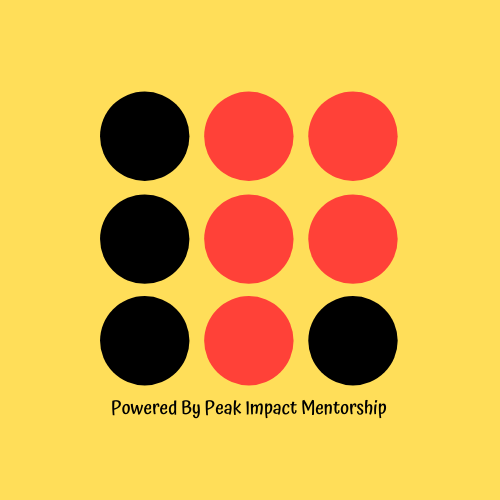I watched a video where a group of friends enjoyed the HOLI festival online, they were putting colors on themselves, and they were HAPPY. On the other hand, I saw most people were not happy because of community restrictions during the pandemic. Why does this happen?
In the last session of Peak Impact mentorship, Bijay Kumar Khandal did voting where he asked, “How many of you are happy in last month” and the result was surprising. Out of 250 people who attended, only 20% of people were happy, and the rest were unhappy.
Do you know the meaning of disease? – “State of unhappiness.” So you can think about what all can happen when you are unhappy for a more extended period. Research shows, on the other hand, when you are happy, you feel, smell, taste, and all your body parts work better. If you go to some Ayurveda center like Panchakarma therapy for any health issue, they recommend joining the happiness program and treatment.
So, how to be happy? Most people ask if there is nothing to be happy about, how can I be satisfied? If you think that once this problem is solved, I will be satisfied. For example, I will be happy once I get a better job, salary, my health condition is improved, I pay my EMIs. But, let me remind you life is a series of problem, once one goes another arrive.
So, the author of “Pshyco Cybernetics,” Maxwell Maltz, says, “Happiness is a habit and mental attitude.“ It doesn’t depend on a special event. What is a habit? From a psychological perspective, the meaning of habit is how you react(behavior & feeling) to situations? Just look back, the HOLI celebration example, how two groups of friends responded differently to the same instance. So happiness is entirely a habitual emotion.
I learned some strategies from the book “Pshyco Cybernetics” and Peak Impact Mentorship session to inculcate those happiness habits. Here are those,
- The first one is straightforward and effective. Smile often. Laugh intentionally. You do it at least 3 to 4 times. Initially, that might look unnatural, but eventually, that becomes natural.
- Do not get into other’s negative opinions. Be less critical. The result shows most people are unhappy because they don’t meet the expectations of other people.
- Don’t add your opinion color to facts. For example, if a person loses 15 lacs, and then “he/she starts believing that his life spoiled because of loss,” that would be his/her opinion, not the fact. Just move on.
- Remove “I have to” with “I want to.” For example, if you plan to learn new technology, then do it if you want to do it instead of compulsion. If you go with “I have to,” that will create suffocation and stress in your life.
Apart from habit, our attitude and thinking also have to be changed. There is a book, “Body, Mind & Spirit.” The author Dr. Eldwood says when you think about the past – think about happy, pleasing incidents.
When you think about the present, consider how best you can utilize the current opportunities at hand. When you think about the future, think about what best you can achieve in the future.
Try these new habits and thinking for the next 21 days. You will see significant changes in you. You be free from guilt, worry and gain more confidence.




